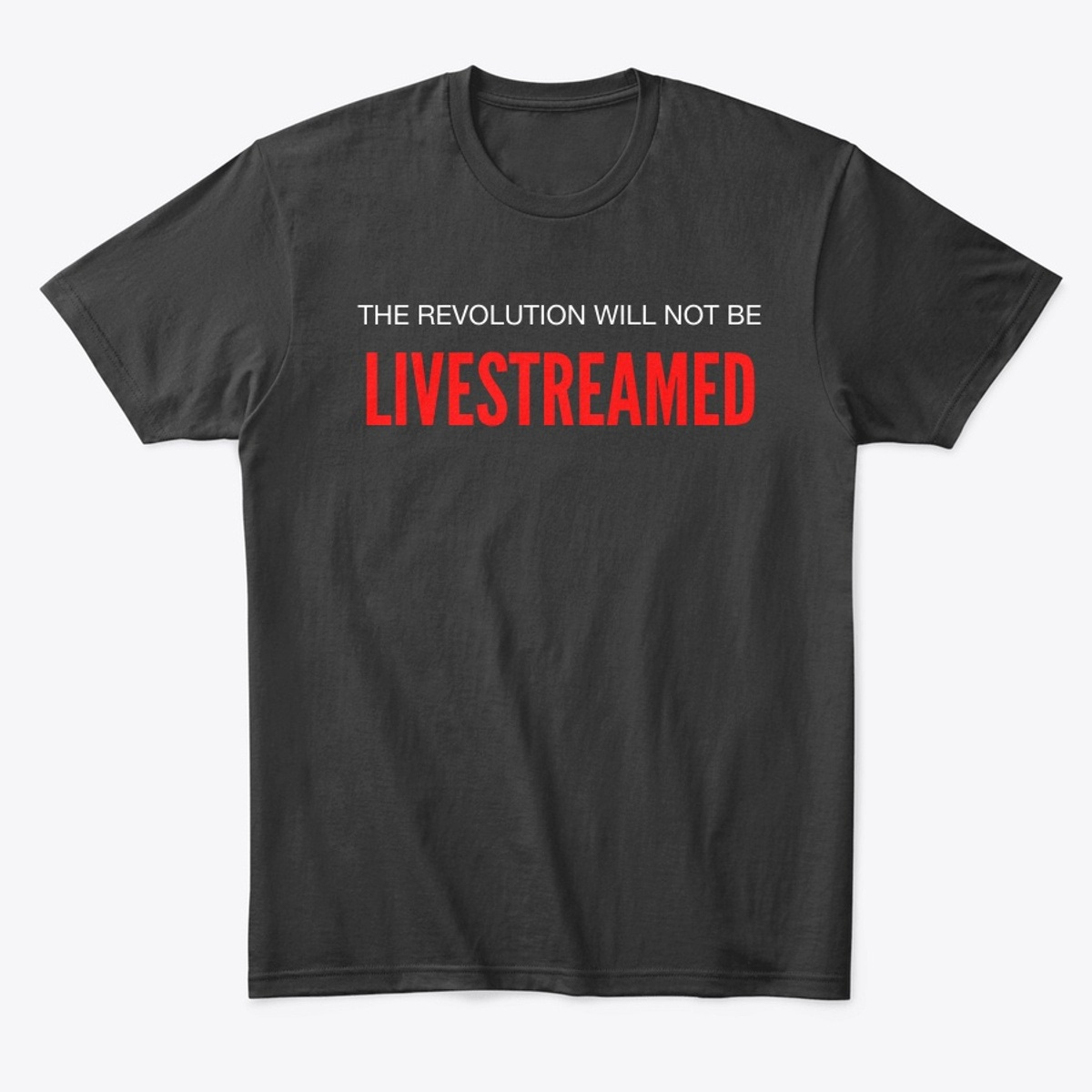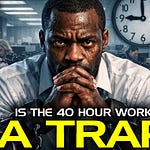The rise of social media has given a voice to many, but it has also blurred the line between real activism and performative engagement. Too often, individuals with little to no groundwork in the struggle position themselves as leaders, gaining attention and influence while contributing nothing to the liberation of Black people. Malik Aziz, a seasoned Pan-African activist, highlights this dangerous trend, contrasting genuine revolutionaries with social media personalities who exploit the movement for personal gain.
In this article, we will break down the essence of Malik Aziz’s message, examining the history of true revolutionaries, the sacrifices made for Black liberation, and the failure of today’s so-called activists to move beyond hashtags and livestreams.
The Legacy of Real Revolutionaries
Throughout history, true revolutionaries have dedicated their lives—sometimes losing them—to the fight for Black liberation. Many have been imprisoned or assassinated for their commitment, yet their names are often overshadowed by louder voices on social media who have done little more than regurgitate talking points for engagement.
The Black Liberation Movement has produced countless heroes who not only spoke boldly but acted decisively:
Mutulu Shakur – A healer and activist who was sentenced to 60 years in prison for his role in freeing Assata Shakur.
Mumia Abu-Jamal – A journalist and former Black Panther who remains behind bars, targeted for his revolutionary stance.
Sundiata Acoli – A mathematician and activist who spent decades in prison for his involvement in the liberation struggle.
Geronimo Pratt – A Vietnam veteran and Black Panther leader who was framed by the FBI and wrongfully imprisoned for 27 years.
These individuals, and many more, sacrificed their freedom for the advancement of Black people. Yet, in today’s landscape, many so-called activists do not even acknowledge their names, let alone advocate for their release. Instead, they are preoccupied with building their personal brands and securing donations from their followers.
The Hijacking of the Consciousness Movement
Malik Aziz warns against the modern "Black consciousness movement" that thrives on social media, noting that it lacks the substance of past revolutionary efforts. Many influencers have positioned themselves as leaders, yet their work remains confined to online platforms rather than in grassroots communities where real change happens.
Consider the following:
How many of these self-proclaimed leaders have called for the release of political prisoners?
How many have organized on-the-ground initiatives to build Black self-sufficiency?
How many have engaged in true Pan-African diplomacy, forging connections with leaders on the continent?
The reality is that many of today’s internet activists are not activists at all. They are performers—using radical rhetoric to gain followers while offering no tangible solutions. Their activism is performative, designed for clicks rather than action.
The Role of COINTELPRO in Destroying Black Movements
Aziz also touches on the historical sabotage of Black liberation movements through COINTELPRO, the FBI’s counterintelligence program that targeted Black leaders, falsely imprisoned activists, and disrupted revolutionary organizations.
Victims of COINTELPRO include:
Fred Hampton – Assassinated in his sleep at age 21 after being identified as a “Black messiah” by the FBI.
Assata Shakur – Labeled a domestic terrorist and forced into exile in Cuba.
The Panther 21 – A group of Black Panthers falsely accused of planning bombings in NYC and imprisoned.
Despite this history, many social media activists today fail to acknowledge the ongoing attacks against true revolutionaries. Instead, they focus on branding themselves as thought leaders without putting in the necessary work to build or protect the movement.
The Need for Revolutionary Planning and Global Strategy
Malik Aziz stresses that true revolutionaries must not only be well-read but must also take concrete action in forming alliances beyond America. He cites Malcolm X as an example of someone who understood the power of international relationships in the struggle against white supremacy.
Malcolm’s move toward Pan-Africanism was not just rhetoric—it was strategy. By connecting the Black struggle in America to the broader fight against colonialism, he positioned Black liberation as a global issue. This was a threat to Western powers, leading to his assassination.
In contrast, many social media activists today do not engage with international movements. They do not build with African leaders, nor do they study the geopolitical factors that impact Black people worldwide. Instead, they remain trapped in American-centric discussions, detached from the broader revolutionary struggle.
The Danger of Performative Activism
One of the most dangerous aspects of social media activism is its illusion of progress. Because discussions are happening online, people mistake engagement for action. However, real revolutionary work requires:
Community organizing – Building institutions, educating the youth, and establishing economic independence.
Direct action – Protests, self-defense, and challenging oppressive structures head-on.
Political mobilization – Demanding policies that benefit Black communities and holding leaders accountable.
International solidarity – Forging global alliances to counter Western imperialism.
A revolution cannot be fought with YouTube debates and Twitter threads. It must be waged in the real world, with real strategy and sacrifice.
Conclusion
Malik Aziz’s message serves as a wake-up call. The fight for Black liberation is not a spectator sport, nor is it an avenue for personal gain. True revolutionaries dedicate their lives to the struggle, often at great personal cost.
As we move forward, we must distinguish between those who truly work for the movement and those who simply use it as a platform for attention. Social media has given everyone a voice, but not everyone who speaks is a revolutionary.
The question remains: Will we continue to follow internet personalities who offer nothing but words, or will we support those who are actually doing the work?
The revolution will not be livestreamed.
CLICK THE TEE-SHIRT IMAGE BELOW TO PURCHASE
"The Revolution Will Not Be Live Streamed" T-shirt challenges online-only activism, reminding real change happens on the ground. Perfect for those who believe in direct action, not just digital debates. Bold statement, powerful message—wear it with purpose.













